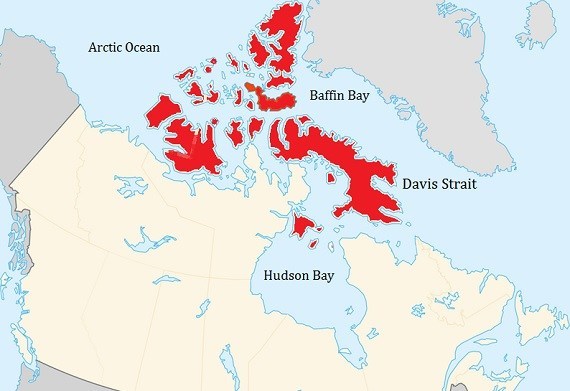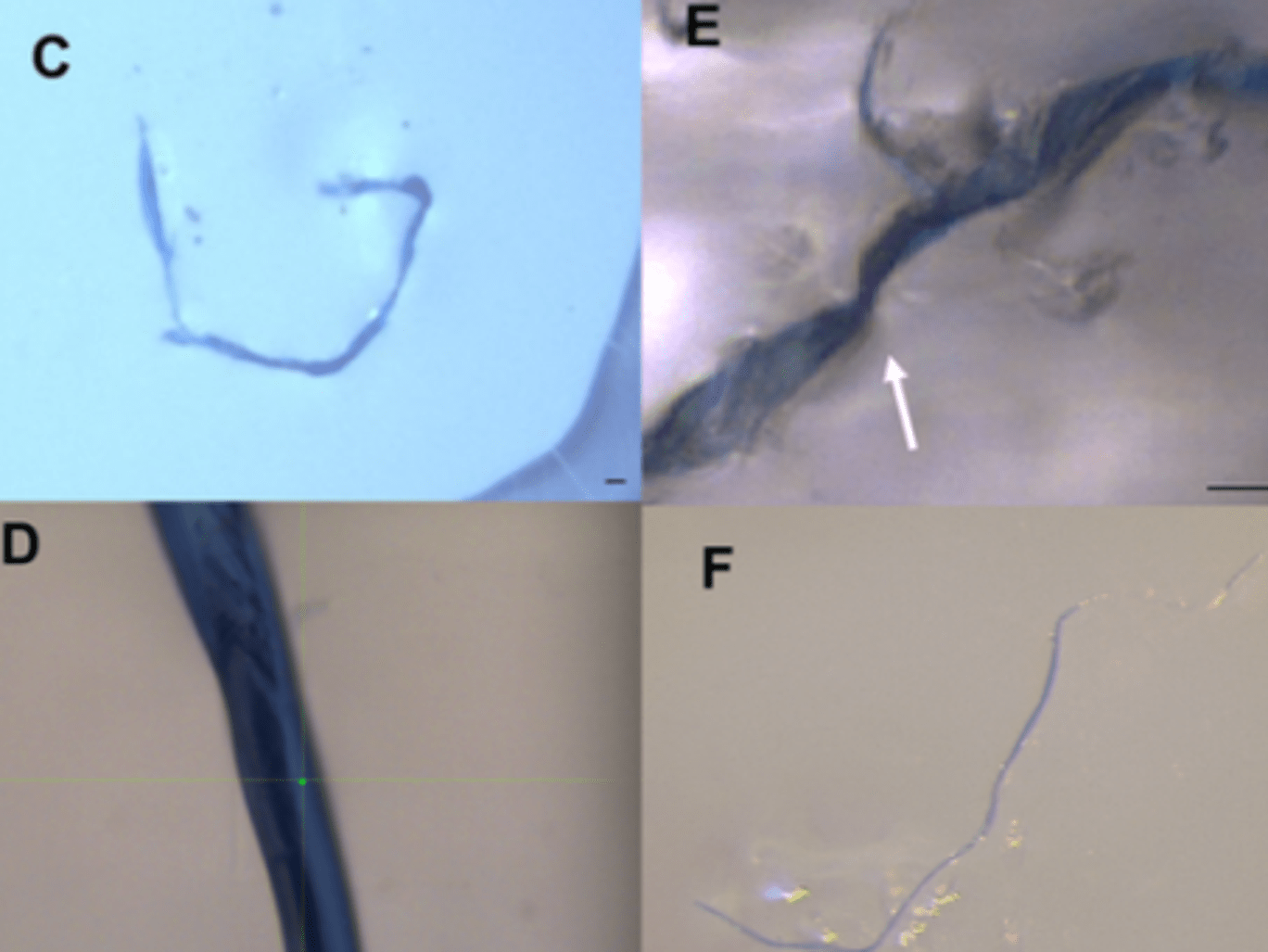
Denim blue jean fibers have been found in the Arctic, according to a new study. Denim is the most popular clothing in the world. At any one time, half the world is wearing blue jeans or some other form of denim. Given the number of blue jeans around the world, a group from the University of Toronto wanted to see how fibers from those garments might enter the natural environment.
In recent years microplastics, incredibly small pieces of plastic, have been discovered in extremely remote places. This has lead scientists to wonder how else might we be affecting our surrounding environments. The findings from the University of Toronto study are able to shed light on another type of microscopic trash, indigo denim microfibers.
Even though denim is derived from plants (cotton) it is treated with a slew of chemicals as well as a synthetic indigo dye for that classic blue jean look. This means that when denim microfibers enter the water via a washing machine they do not decompose. In fact, every time a pair of jeans is washed they shed 50,000 microfibers. Wastewater treatment plants catch many of the microfibers in the water treatment process. However, the study estimated that more than 1 billion microfibers are released from those treatment facilities daily.

Our Clothes Are Polluting
“We conclude that blue jeans, the world’s single most popular garment, are an indicator of the widespread burden of anthropogenic pollution by adding significantly to the environmental accumulation of microfibers from temperate to Arctic regions.”
– Diamond et al.
The study found that 20% of all microfibers in sediments from the Canadian Arctic Archipelago were indigo denim fibers. In addition, they found that indigo denim accounted for 23% of all microfibers in the Great Lakes sediment and 12% in shallow lakes around Toronto, Canada. While it may be startling to learn that our clothes are polluting the water and sands around the world, we can help. Most jean manufacturers suggest washing a pair of jeans just once a month. The study found that most Canadians wash their jeans after wearing them just twice. The easy solution? Wash your jeans less and only when you actually need to.
